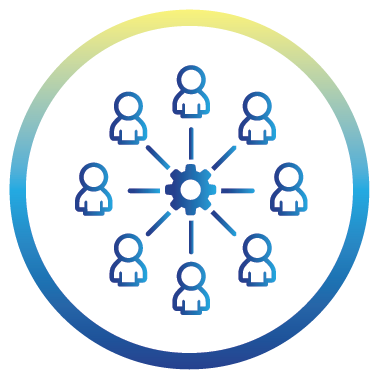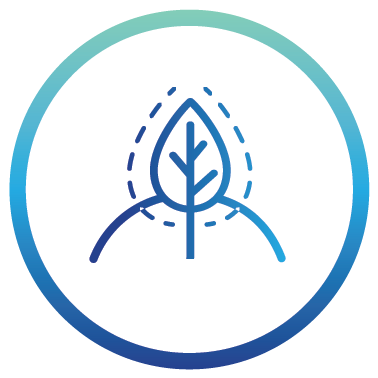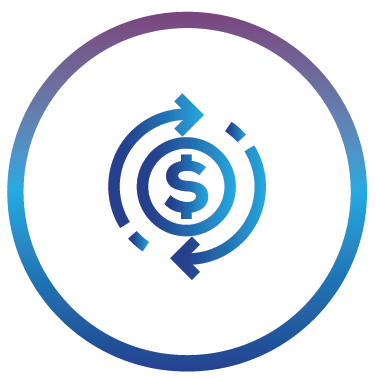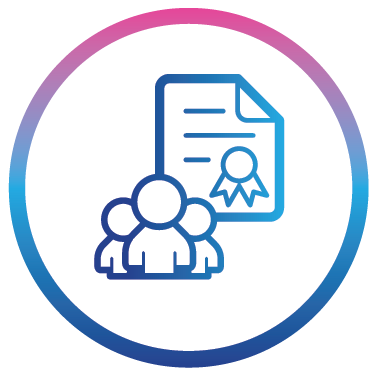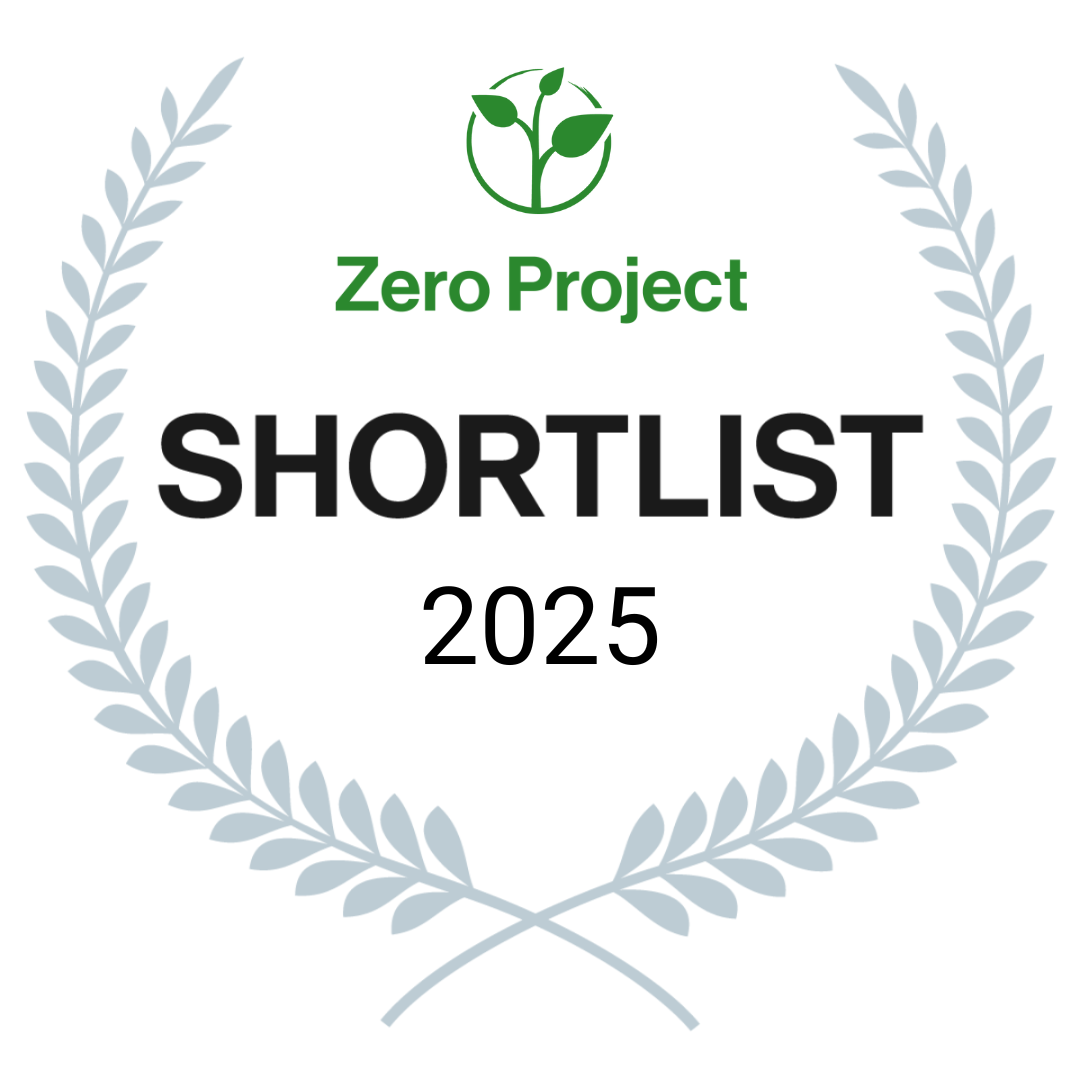Pathways to Employment
WISEs include a strong focus on pathways to employment for participants. The transition into Open Employment is not usually linear. An individual’s journey will often involve movement back and forth between Open and Supported Employment contexts as confidence and skills develop. WISEs support the individual along this journey, working with them and employers.
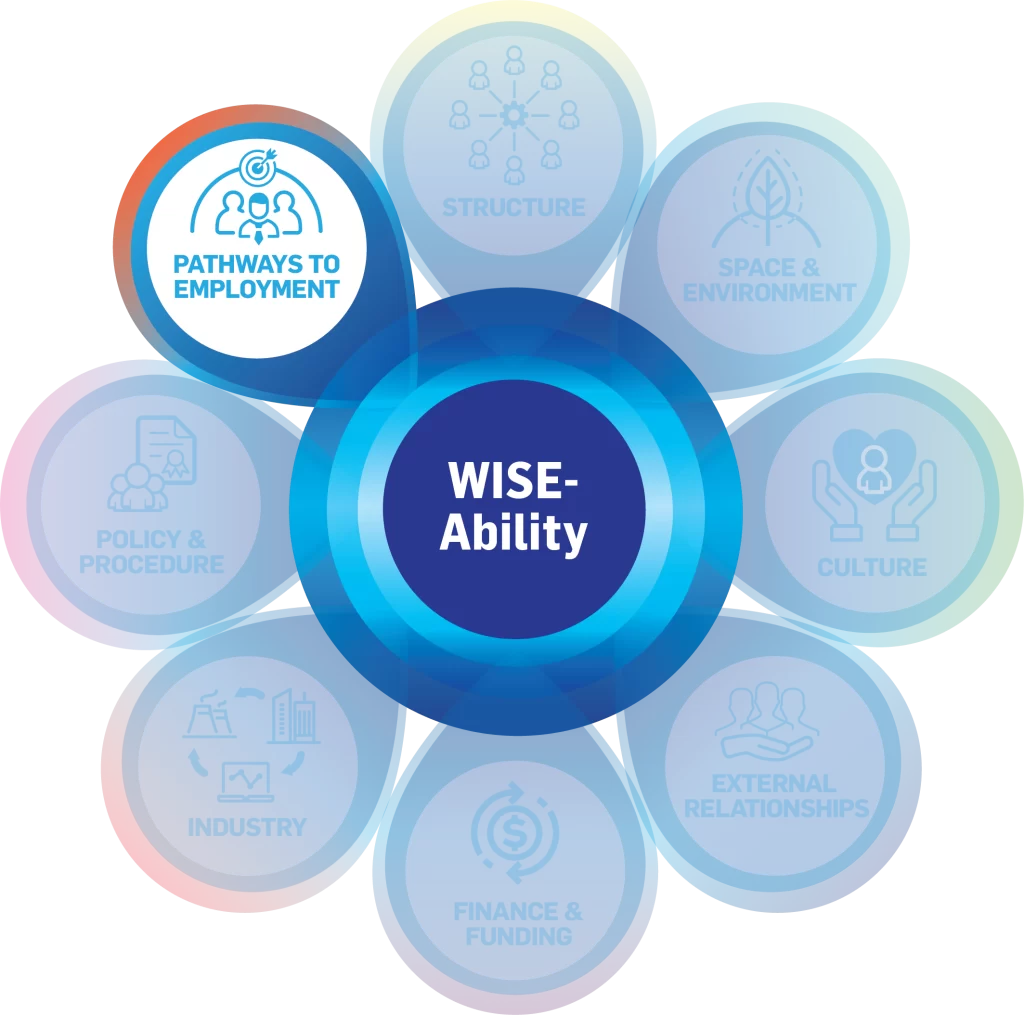
Customised Employment and Job Carving
Individuals can team up with an employer to customise a job to capitalise on their strengths. Alternatively, there may be particular areas of a job in which an individual has experience, and these can be “carved off” as a micro-job for this person.
Customisation is based on building a deep knowledge about the individual’s work style, preferences, and support needs.
Customising a job starts with conversations about what an individual is interested in doing, personal strengths, and existing skills. Customisation takes on different forms depending on the preferences of the individual and the employer. Informational interviewing is a good way of determining the role and match between an employer and employee. Informational interviewing is a two-step process where the service provider meets the employer to discuss the business and the employer’s goals.
Customising includes establishing a work routine that is appropriate for each client and setting suitable hours of work. This can mean gradually increasing hours or maintaining regular hours as part of a routine. Customised roles need to be monitored, and work hours adjusted as the work environment goes through busy and slow periods.
It is important for there to be opportunities where the employer, the Disability Enterprise, and the individual can regularly check in to discuss work hours, experiences on the job, and any adjustments needed to support overall wellbeing.
Support is also provided to employers to modify and customise workplaces. A combination of modifications may include checklists to prompt tasks to be completed, as well as emphasising pre-existing workplace features like structured ways of working.
Discovery
Employment pathways can be supported by informal or formal processes. The informal pathway involves learning on the job with employers like Disability Enterprises, and this can take place in short-term work experience or work placements.
Through this day-to-day process, staff and individuals work out what individuals are interested in doing for training and work. Learning about someone’s interests, goals, passions, individual work style, and how they work best can help when matching a person with a task, job, business, and industry. This process can unfold on the job over time with an individual, staff, and/or the Wraparound Support Team.
A formal Discovery focuses on individual interests, goals, and strengths, which are later used to inform potential matches to industries and jobs in Hybrid or Open Employment. This process is NDIS funded. Family and friends play an important role in Discovery and can help individuals understand their own strengths and interests and identify links to potential jobs. Discovery can become a continuous process and involve “re-discovery.”
Hybrid Employment
There are different ways to find the best fit between an individual and a job. Hybrid employment—working in both a supported setting (ADE) and in Open Employment—may be suitable for some.
A Hybrid Employment Pathway allows individuals to develop work skills, confidence, networks, and relationships and transition into Open Employment at their own pace. A Hybrid Employment pathway provides people with the opportunity to transition into Open Employment gradually and work varying hours in both a WISE and Open Employment setting. This allows individuals to build a working life that involves both engagement types.
The journey to developing confidence and skills can take considerable time and should be conducted at a pace appropriate for each person. The length of time this pathway takes can vary, for instance, from two weeks to a year or more.
Work Exposure and Experience
While opportunities within the Disability Enterprise can be used to offer a variety of work roles and settings, Disability Enterprises can also set up diverse work experiences in Open Employment settings, both as part of Discovery and for trialing potential employment. Job shadowing, formal work experience, and job trials are examples of this.
Employer Engagement, Job Negotiation and the Partnership Approach
The process of building networks, relationships, individual confidence, and skills requires a partnership approach between families, service providers, and employers.
WISE engage with potential employers through personal and professional networks and by reaching out on behalf of individuals. This provides an opportunity for employer education and a shared understanding of how to create an inclusive workplace step by step. Knowledge sharing about fostering an inclusive environment in the workplace is pivotal for successful employment experiences.
Setting up expectations and developing a shared understanding with an employer as part of the job negotiation process can ensure that the employer feels confident and the employee feels appropriately supported in a new workplace.
Placement Support for Setting Up the Job
Post Placement Support on the Job
Individuals benefit from different levels of support, with many progressing toward independence at work. Support provided to individuals in Open Employment can range from brief check-ins twice a week to multiple visits throughout the week.
A Fade-out Plan can assist staff and individuals in planning on-the-job support, outlining how this support may gradually reduce over time to foster independence as job confidence grows.
Using Services and Supports
The pathway to employment involves careful planning to determine how individuals want to use their NDIS funding package to support their goals. This planning process often includes the individual, their nominee (such as a family member or guardian), a Local Area Coordinator (LAC), and/or the NDIA. A LAC assists individuals in accessing the NDIS and in creating an NDIS plan. LACs with a strong understanding of the individual and their employment goals, who work closely with Disability Enterprises and other employment services, can provide strong support to individuals.
A LAC helps individuals access the NDIS, specifically to create an individual NDIS Plan.
Support coordinators play a valuable role in making sure NDIS plans include all the resources needed to support employment pathways. They liaise across networks to oversee appropriate supports are in place.
Individuals can connect with Disability Employment Services (DES) to support their employment journey. DES can help fill support gaps in the employment pathway, especially when an individual has only Core funding. Many organisations report that Core funding alone may not sufficiently cover employment pathways, and Capacity Building funding is often preferable. The work of WISE and DES can overlap and intersect, enhancing the support available.

